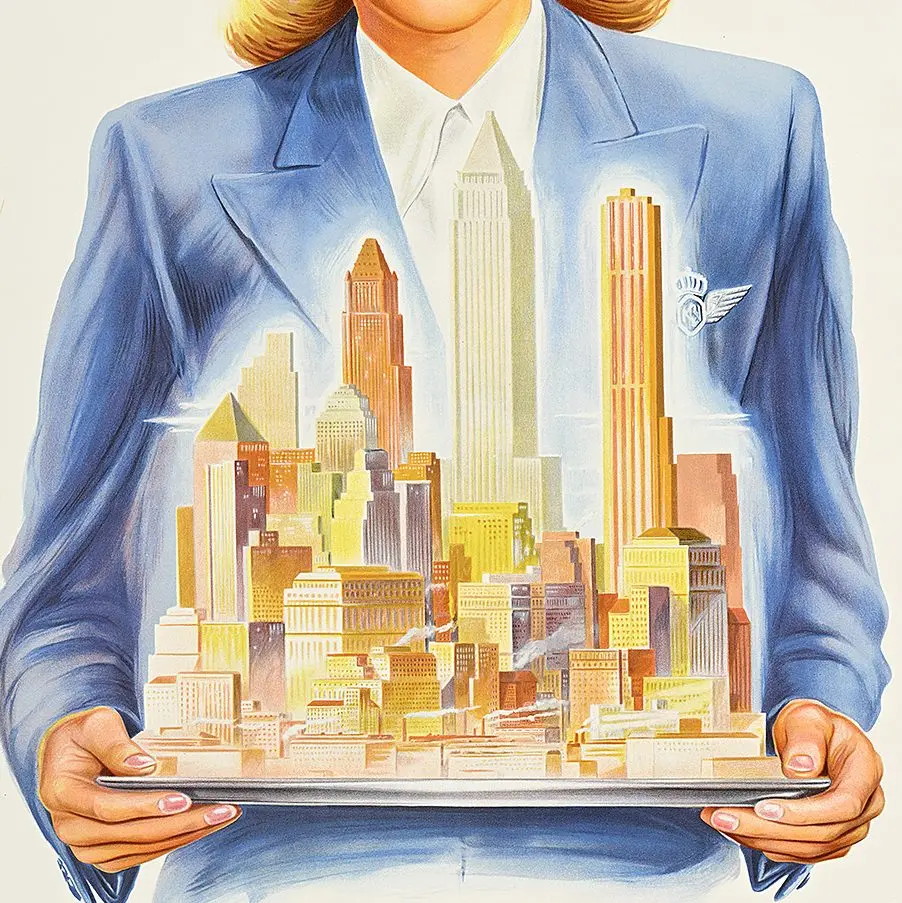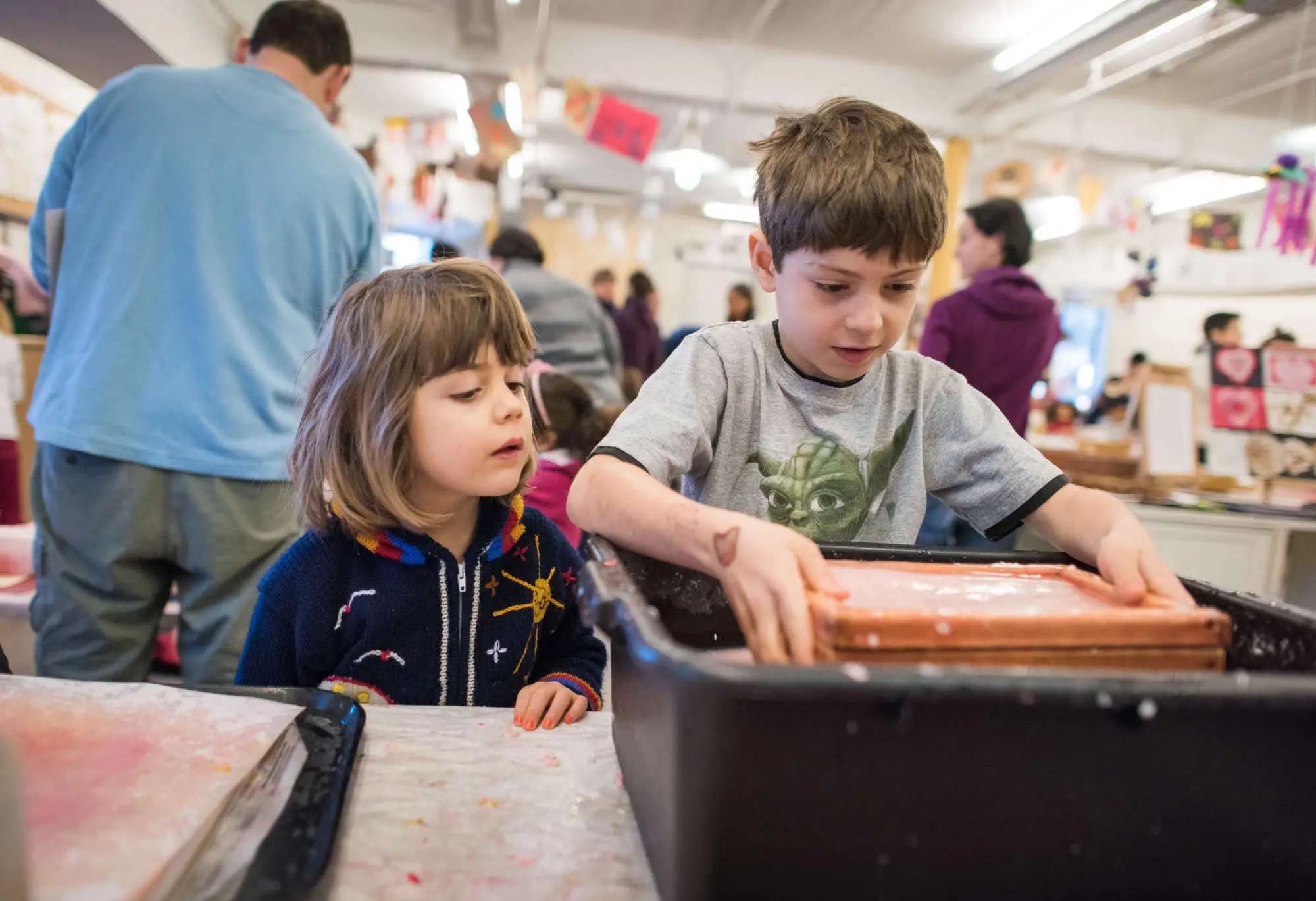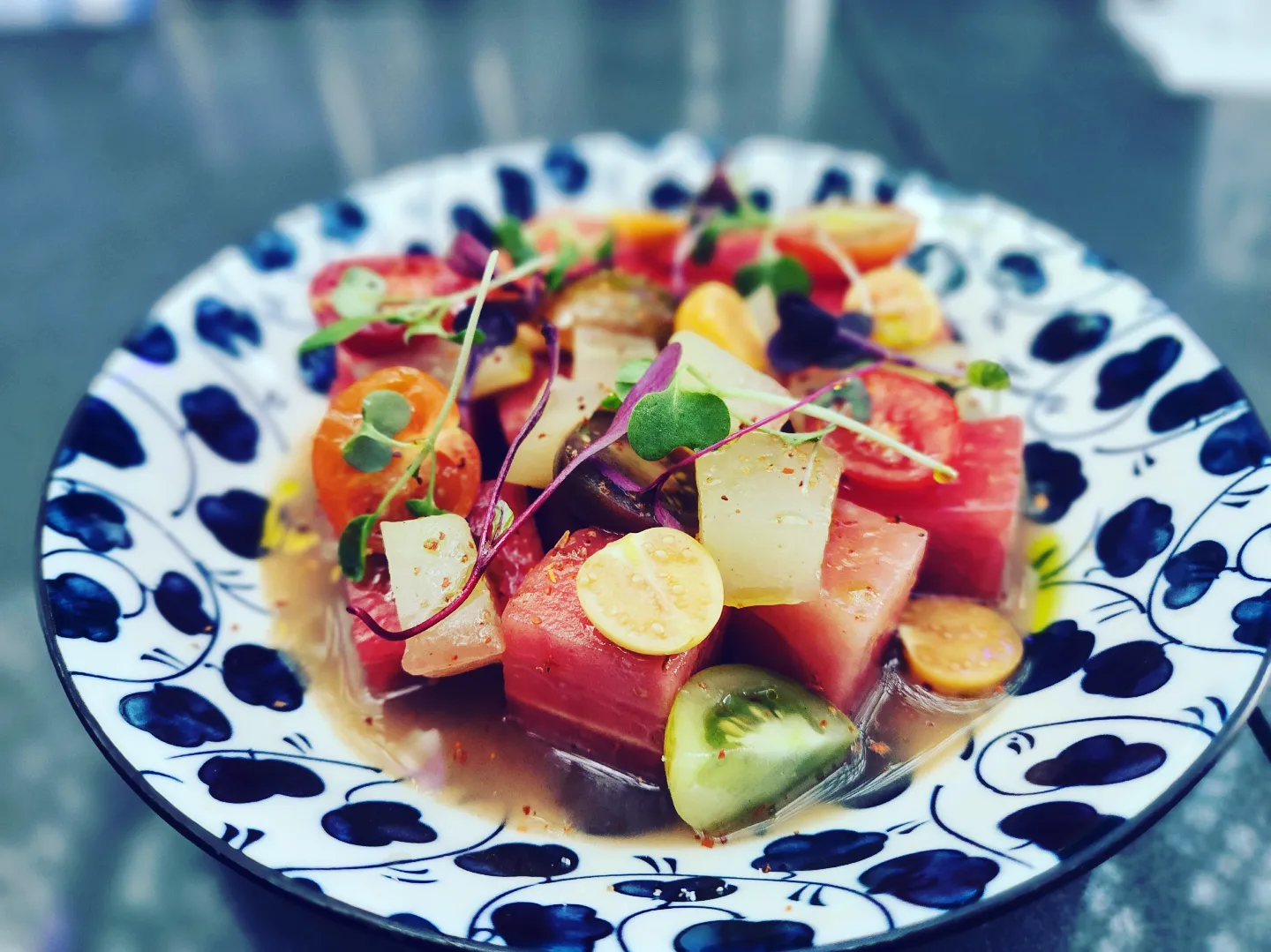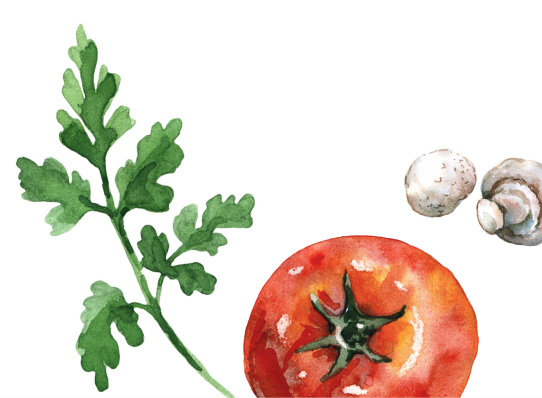Digesting the TEDx Food Conference
DIGESTING THE TEDx FOOD CONFERENCE
The topic was Changing the Way We Eat, an independently organized event, TED-style, by Diane Hatz, Co-Founder, and Director of the Glynwood Institute. Held at The Times Center, it was a gathering of individuals interested in our food system: how things grow, what gets grown, who eats/who doesn’t, what’s in the food we eat (are you sure you want to know?), what about the environment (affecting food/being affected by agriculture) and what about the other animals (the ones we eat). And more.
There is almost nothing better than feeling passionate about a cause and then spending time with a crowd that treasures the same value set. It is an opportunity to visit with a good many friends and acquaintances and make new connections as well.
It is inspirational to listen to incredibly intelligent and well-informed speakers who articulately speak on topics I already care about, and then add another dimension of analysis and new information or perspective. I recommend watching the talks online, as several were quite outstanding.
But something really surprised me about the experience. I anticipated leaving positively stimulated and energized to continue the fight for a better, more just, healthier food system. I joined my family for dinner out and discovered that instead of feeling upbeat and rejuvenated, I was actually angry; I was mad at everyone who ate meat for dinner, annoyed at the restaurant for even having asparagus on the menu, frustrated at the lack of transparency on the fish items (where was this fish from and was it really what they said it was) and ballistic that there was any ambiguity as to the destructive nature of hydrofracking.
Perhaps the conference had not intended to give us hope — but rather to disrupt any complacency around the pace of change and the evolution of a national agenda around food policy. Simply put, it is like changing any complex and ingrained system that is deeply rooted in the economic advantages of powerful self-interests.
It was several days before the cloud lifted. I could barely stop thinking about the confinement of sows in the face of the national obsession with bacon. How hard an equation is that? Or the transformation of our agricultural world, increasingly defined by commodity crops, GMO seeds, toxins, and consolidation. Or wondering about the true contents of food sourced from someone or someplace I do not personally know.
- The week ended on a different note. I participated in a 2.5-hour conference call with a food policy workgroup I belong to. We were updating several agendas when a positive perspective emerged. A lot has changed in the past 5 years. Though there is a long way to go, a great deal has happened. Here is the not-all-together-bad-news, in no particular order:
- Food deserts are being talked about with proactive results. Government incentives, private sector undertakings, philanthropic activities are creating solutions for supermarkets, slowly, but creatively. Green carts have entered the lexicon.
- Enrollment in state/local programs that address hunger issues has been streamlined and made more user-friendly. And while farm bill politics and impacts are terrifying, incremental program change is good.
- Food stamps are accepted in some farmers markets, a practice that should continue to spread, benefiting both shoppers as well as farmers.
- Purchasing guidelines are changing to encourage the institutional buying of locally grown products.
- School lunch is on the national agenda, with progress to report and a long and complex road to still travel.
- Solutions to regional distribution and processing challenges are being developed and tested daily. Food hubs are a growing phenomenon, and increasingly evolving into solutions.
- Farmers, while struggling on many fronts, are succeeding on others, with increased demand for their product, new sophistication on season extension, engaging in creating added-value products, and connecting to regional aggregation methods.
- Obesity, while seemingly hard-wired into our broken health and food system, is being talked about in communities everywhere, engaging researchers, government officials, the healthcare community, educators, non-profits, and local communities.
- The topic of food waste is “on the table,” a step in galvanizing action. The potential of collaborative solutions — farmers and food banks for example — is a good model to study and replicate.
- Witness the enormous surge in interest in locally grown food and engagement in the question of “where did my food come from?”
- Immigration and agricultural labor practices — so far from any meaningful resolution — is a topic of national debate.
- Economics will dictate a shift in policy — we are beginning to see evidence of how better practices and policies are actually good for the bottom line. And as cynical as I am about big business greed and shortsightedness, I have reason to hope that change will happen.
There is a very very long way to go — in spite of real movement, the numbers of hungry, obese, food-insecure Americans continue to grow. Even if you are not hungry, there are serious issues you should worry about regarding food transparency and health and the environmental implication of food policies. Feeling angry and indignant over these issues is not uplifting and feeling good about what progress has been made doesn’t serve to counterbalance the frustration of the glacial speed of progress.
But the discussion is louder, the engagement is higher, the participants are galvanized and the change will happen. I will live with my discomfort and anger — it is the appetizer at every meal fueling my commitment to this fight and to being a part of a solution.
Related Posts
No records found for the
search criteria entered.
-

Exciting Events Around New York: August 2024
Check out live music, film, art and more at our partner venues this month...
-

Exciting Events Around The Bronx: August 2024
Check out community celebrations, outdoor events, and unique experiences in the Bronx this month...
-

Chef's Choir: Recipes to Stay Cool in the Summer Heat
DIGESTING THE TEDx FOOD CONFERENCE The topic was Changing the ...








